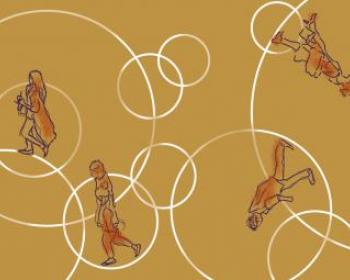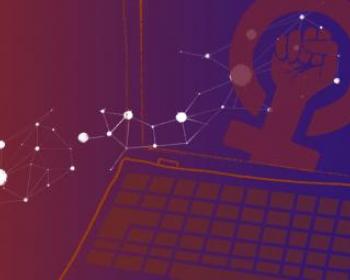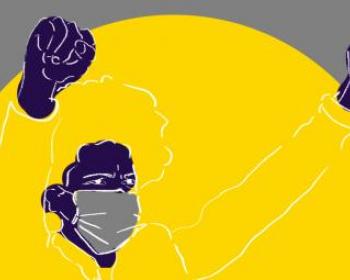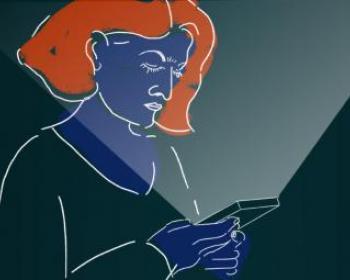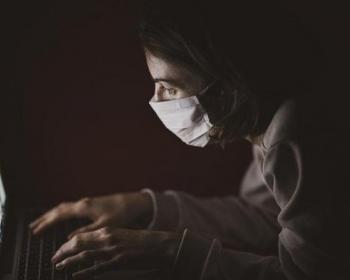Closer than ever
APC understands that we are all dealing with unprecedented circumstances as we face the challenges, fear and uncertainty brought on by the spread of the COVID-19 pandemic. We know it impacts our work, our personal lives and the lives of those we care about. Each country is tackling the situation differently, so the contexts we find ourselves in are as diverse as the ways we find to navigate shifting conditions.
In these exceptional times, we wish to send our solidarity and appreciation for connecting with us. While we are distancing ourselves physically, we continue to stay closer than ever to each other and share tools and resources as well as support. We also want to examine how we can continue to promote human rights online in the context of a global pandemic. We are all facing this problem together but we know it affects different countries and communities in different ways. Therefore, we would like to channel the strength of our network to share some important resources that we hope will be empowering, enlightening and reassuring.
Below you will find articles and insights shared by our community, which has been working on human rights and technology issues for over 30 years. We will be updating these lists on a regular basis, so please feel free to connect with us if you have some resources to share.
How are LBTIQ+ people and communities facing the difficulties posed by the global pandemic and the lockdown? This article explores the emergence of solidarities among different marginalised groups in Indonesia, including farmers and queer communities, to ensure food, work and basic survival.
The COVID-19 pandemic has exposed how citizens become vulnerable when governments do not protect and promote human rights in the online environment. The pandemic has critically affected the global education sector, potentially compromising the right to education.
This article seeks to examine the extent to which national and regional responses to the COVID-19 pandemic may have impacted on the regime of human rights online. The article also examines the widening digital divide and the role that telecommunication policy and regulatory frameworks play in closing this gap.
In this brief submission, APC identifies the nexus between domestic violence and online gender-based violence in the context of COVID-19, drawing on some issues to consider from country-led and regional case studies.
APC submits this written statement ahead of the Human Rights Council's 44th session to express our concerns about the online human rights implications of states’ measures adopted to respond to the COVID-19 crisis.
The COVID-19 pandemic has shown why the protection of human rights online is more important now than ever before. The internet has been a gateway for access to critical information, services and opportunities available to many people for the first time, as noted by the GSMA mobile gender gap report.
Upon the confirmation of the first COVID-19 case in Kenya, the government enacted various legislation to deal with the pandemic. While the measures were well intended, the manner in which existing laws have been implemented has caused some concern among civil society organisations.
Yes, we’ve been able to substitute digital ways of doing things for the ways we’ve previously done them across much of our lives – or, at least, some of us have. But it’s proved more partial and less universal than some expected, which poses questions for the future.
Gender-based violence against women and girls remains a global threat to the public health of women and girls during emergencies. As the COVID-19 pandemic deepens the economic and social stress, coupled with restricted movement and social isolation measures, gender-based violence against women and girls is increasing exponentially.
APC welcomes the invitation of the Human Rights Council’s Special Procedures to reflect on the impacts of COVID-19 on the exercise of human rights offline and online.

Association for Progressive Communications (APC) 2022
Unless otherwise stated, content on the APC website is licensed under Creative Commons Attribution 4.0 International (CC BY 4.0)





